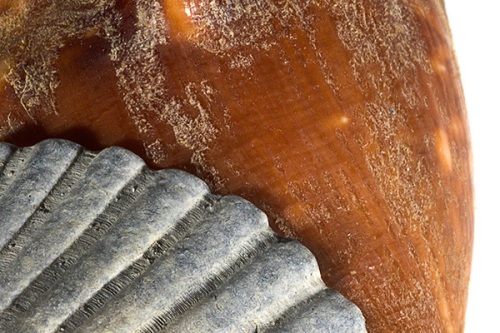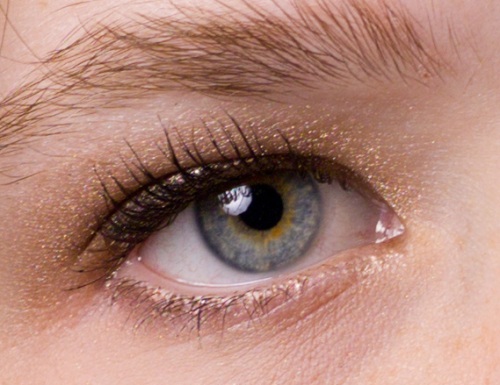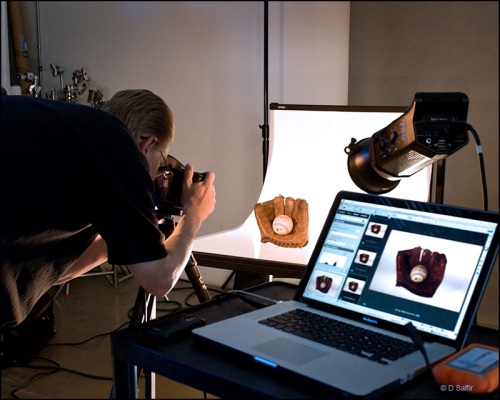On Sunday SCV Center for Photography hosted our Wedding Photography Intensive workshop with the awesome Wedding Photographer William Innes as our fearless instructor for the day. The dedicated group started at 8am, yes, on a Sunday morning, and the entire group was early at that. By 9am the group was shooting our totally decked out models Sarah & John, who did a fantastic job. We were back in the studio b early afternoon for lunch and Q&A. After lunch, it was all about workflow and editing the images from the day. By 5pm the group was spent, but thrilled with the images and new found knowledge. To see more on the workshop and about our totally awesome instructor, head over to http://williaminnes.com/blog/











